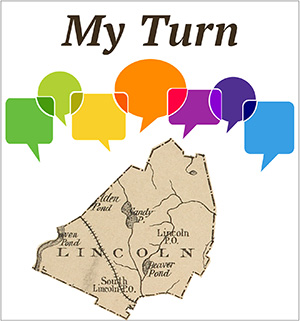By Gail O’Keefe
The HCA zoning decision looming is based on an assumption that we have a housing crisis in Massachusetts. Politicians have linked development to diversity, claiming all towns must help the state in the housing struggle. However, in looking at recent building data from local cities and towns, it seems very likely that the housing crisis is really an affordability crisis, with housing being built that is too expensive for those needing affordable housing.
Earlier this month the Boston Globe reported on the housing boom in Everett — 1,600 new units under construction now, with a total increase of 16% added to their housing stock over the past few years. Only 5% of those units are “affordable” housing, leaving us to question how these units will offset the housing needs facing families.
On Zillow today, over 1,000 housing units are available for rent (and ~100 for sale) in Cambridge; Boston has over 8,000 available for rent, (~1,000 for sale). An additional 800 for rent in Somerville, with 75 for sale. In Waltham, many are available; a brand-new one bedroom will cost you only $2,700/month. In Lexington, 30 rentals, mostly one- and two-bedrooms available. Price range: $2,500- $5,000 per month. And here in Lincoln in mid-March, there are still five units available at Oriole Landing, as well as a few houses.
Clearly, supply is plentiful. Market-rate housing units are available, with hundreds more being built right now all around Boston.
The zoning changes under the HCA has buoyed developers, so the future will see a surge in housing stock. Why, then, are we rushing to jeopardize our grocery store and small retail area to build 100 units? Who are we really helping? Are there thousands of people to fill all these homes? Or is it the cost the real housing crisis? Will trickle-down really reduce housing costs?
HCA Option C simply adds to the volume of new units, 90% at market rate. What happens if we rush to build, alongside all the other MBTA-adjacent towns, and end up with vacant residential units while losing our retail in the deal? One of the state’s goals with the HCA is economic growth for developers. Is that a goal of Lincoln as well? If not, let’s make the zoning more attractive to townspeople rather than RLF’s “more attractive to developers.”
Lincoln’s planning board and the RLF have presented Option C as the only choice, yet other options were not fully presented to the town in the fall. We needn’t give up on affordability and diversity, and should not jeopardize our small but critical retail space. We only need to submit a plan by the end of 2024! There is plenty of time to come to a plan that aligns with the values and goals of our town.
“My Turn” is a forum for readers to offer their letters to the editor or views on any subject of interest to other Lincolnites. Submissions must be signed with the writer’s name and street address and sent via email to lincolnsquirrelnews@gmail.com. Items will be edited for punctuation, spelling, style, etc., and will be published at the discretion of the editor. Submissions containing personal attacks, errors of fact, or other inappropriate material will not be published.

I am also dubious . I agree that our state needs more affordable housing. I know a middle class couple that sold their house and moved in with their parents because of the costs.
And, in some towns, a nudge to create the potential for affordable housing near subway and commuter rail can help. But… given the continuing issues with MBTA, I’m not excited. It is risky to depend on public transportion.
I’m not convinced that the plan for Lincoln will do any good. Anyone living in our town needs a car so is developing housing around our train station really going to help solve anything?